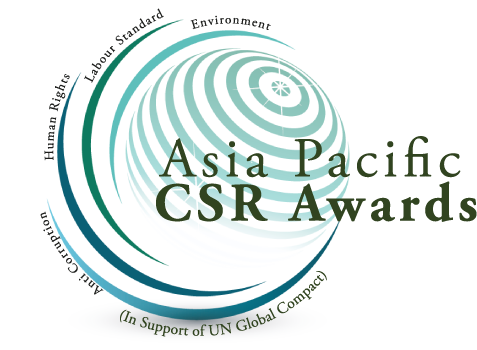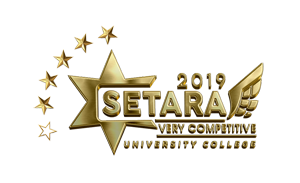
Puan Masni Mat Dong, a lecturer from Pahang Branch became the first Orang Asli woman to receive the Merdeka Award Grant for International Attachment. She received the award from the Sultan of Perak and the Royal Patron of the Merdeka Award Trust, Sultan Nazrin Shah on 25 August 2023.
Here, she shares more about her research proposal that won her the grant.
1. Please share how you came about applying for the Merdeka grant.
This is actually my second attempt at applying for this grant. I first applied in 2021 but was not successful. However, I took the experience as a learning opportunity, refining my proposal and strengthening my research plan. This round, I read more about the grant, especially the stories of past recipients which were inspiring and this motivated me to try applying for the grant again.
2. Please explain about the research project that you will be doing.
The plight of Malaysia’s Indigenous Orang Asli, a community that struggles with deep-rooted spatial injustice and multidimensional poverty despite making up just 0.79% of the population. Their lives are severely constrained by a lack of essential infrastructure, insecure land rights and high poverty rates, reaching 50% in some communities compared to the national rate of less than 6%.
For minorities living in remote areas, poverty is not a choice. It is a birth sentence. As many live in remote locations, they lack the necessary infrastructure to meet their daily requirements, affecting their health, education, and economic well-being. My goal is to highlight and tackle these issues faced by Malaysia’s Indigenous population, driving the development of effective solutions - replacing top-down strategies with participatory, inclusive methods that empower the Orang Asli and respect their cultural heritage.
Another important aspect I would want to ensure is sustainability through continuous engagement and promoting sustainable livelihoods based on local resources and traditional knowledge.
Methodology: The project will use a mixed-methods approach, incorporating both quantitative and qualitative research methods.
- Quantitative: Geographic Information Systems (GIS) will be used to map spatial inequalities. In addition, this study will also use a multidimensional poverty index measure to calculate the multidimensional poverty faced by the Orang Asli.
- Qualitative: Interviews, focus groups, and participatory research methods will be employed to capture the lived experiences of the Orang Asli community.
3. Why did you choose to do this research project?
I started my work on the socio-economic development of the Orang Asli as part of my PhD thesis. My passion for solving the issues facing the Orang Asli community was a strong driving force behind this research focus. The initiative led to the crafting of a research proposal titled "Reimagining Inclusive Development: A Spatial Justice and Multidimensional Poverty Perspective on the Orang Asli in Malaysia," which aims to address the complex challenges this community faces.
4. What do you hope to achieve with this research project?
One of the foremost issues I wish to address is the multidimensional poverty faced by the Orang Asli, which encompasses financial constraints and limited access to education, healthcare, and basic infrastructure. I also aim to focus on their land rights, given the recurrent conflicts they face with private developers and state authorities. To address these, I plan on conducting extensive field research, gathering firsthand accounts, and understanding the nuances of their struggles. Collaborating with local leaders, NGOs, and policymakers, I hope to devise and implement sustainable solutions. Additionally, I plan to launch awareness campaigns to educate the broader public about the Orang Asli's rights and challenges.
5. How did TAR UMT support your quest towards this research project and grant?
TAR UMT has been a cornerstone in my journey towards this research project and the Merdeka grant, providing multifaceted support from my colleagues. They offered invaluable mentorship, and essential resources, from academic databases to community engagement platforms. Most importantly, the research-friendly working environment at TAR UMT has been instrumental; it fosters academic inquiry and innovation, giving me the intellectual freedom to pursue this project rigorously. This collective support has been crucial in enabling me to undertake a project of this scale and significance.














